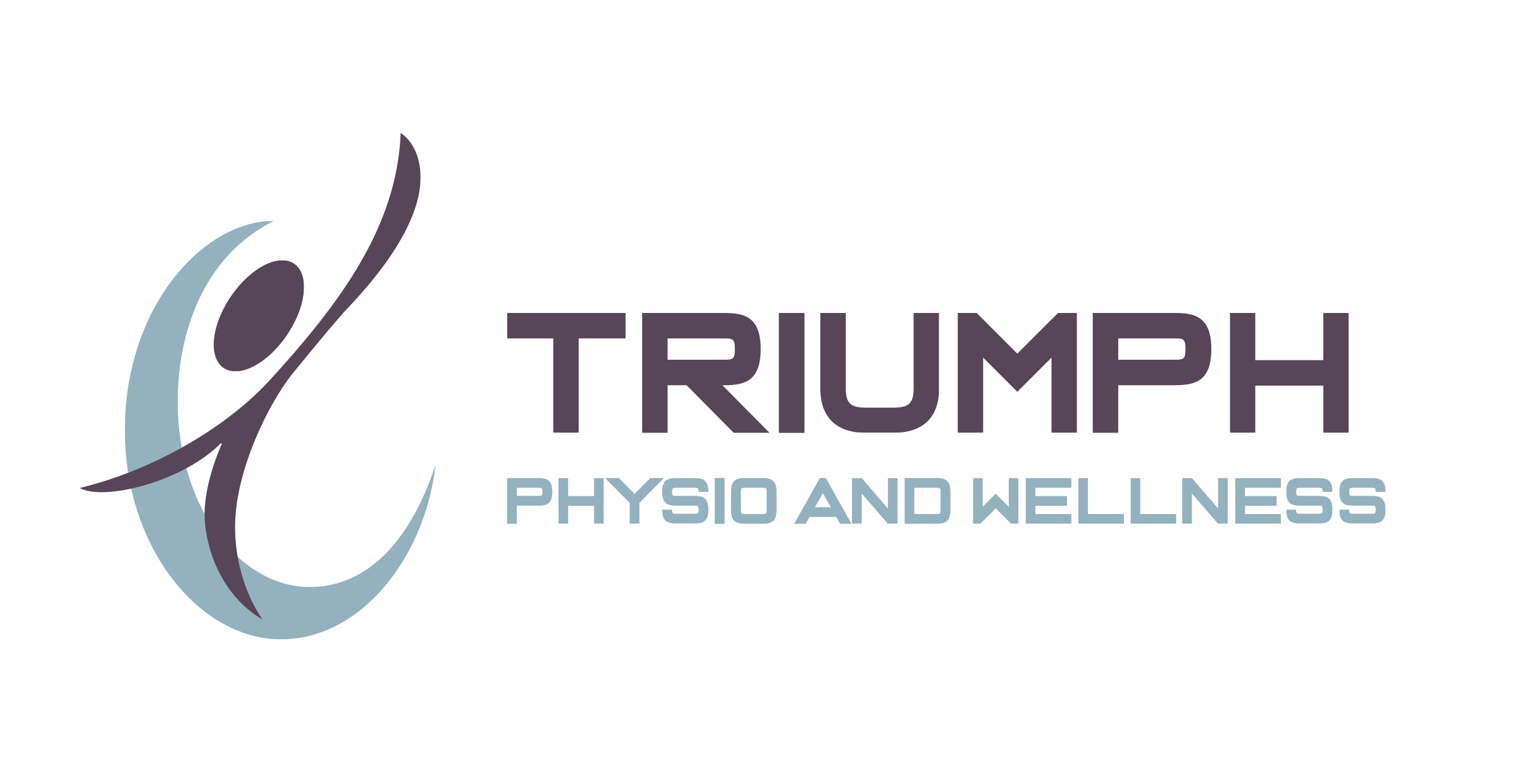7 Progressive Run Tips for Beginners
The weather is warming up, the sun is shining more frequently, and people are gradually coming out for some fresh air...seems like a perfect time to start running. It's very common to want to start running when you don't run, or maybe you run often and want to progress your sense of distance. However, there is such a thing as doing too much too soon, and that definitely applies to running. It's easy to want to go all out at first...and that's how people lose their motivation with running so fast. That's why it's generally a good idea to go for a progressive run first.
For the beginners reading this: progressive runs are runs where you start out slow, and then finish fast, as opposed to running at a constant and fast tempo. They're specifically designed to further develop your sense of patience and discipline while running, as well as practice time management techniques to avoid rundown (i.e. slowing down and then becoming completely drained near the end of your run).
If you're just getting started running and you don't run at all, there are several things you can do in order to prevent severe injury and have a good time all the while. Here are our seven progressive run tips for beginners.
1. Start Walking
It's easy to want to give your all when you start running, but this is a common mistake that every beginner makes. Progressive runs are best done with walking first, and then gradually working your way up to a walk/run pace. Walking is the best way to work yourself up to stronger and better paced runs, whether you're starting for the first time or you're coming back after a break.
2. Hydrate, Hydrate, Hydrate!
We can't stress this enough! Staying hydrated is the number one best way to ensure your run goes smoothly. Stay away from energy drinks, pop, and caffeinated drinks such as coffee and tea as these tend to dehydrate you rather than give you the stamina you need to keep running. Hydration can prevent other hindrances to your progress, such as headaches.
3. Always warm up AND cool down
It's a given that stretching both before and after you run is essential to your overall performance. Whether you're planning on a progressive run or working out at home, warming up with stretching and then cooling down via stretching can help. Warming up can get your blood circulating properly, while cooling down will help your body understand that it's time to rest.
4. Replace your shoes every so often
The thing about running is, your body is not the only thing that can wear down over time—so do your shoes. The last thing you'll want when out on a progressive run is to find out your shoes are inadequate to your goals. Your shoes are what help with your posture and comfort level as you run.
You may need to replace them if you've run 300-350 miles in them already, or if holes develop in the make of the shoes. Going to a shoe specialist store will help you out the most if you're looking for new running shoes.
5. Eat something!
One thing many people forget about is how valuable nutrition is to your body's overall performance and recovery post-run. That's why it's recommended that you eat about 1.5-2 hours ahead of your run and have something to eat shortly after. By eating after, you're replenishing the nutrients you lost while your body was active plus you're reducing the likelihood of muscle stiffness.
A low-carb diet is not recommended for runners; carbs are actually the fuel your body needs for such a thing! Don't ignore protein, though, either. Some good ideas for food before a run are a bagel with peanut butter, granola bars, cereal with milk, and bananas. Avoid eating foods that are high in fiber and fat as these cause gastrointestinal issues in runners.
6. Don't overtrain
Overtraining is another frequently made mistake when it comes to running and pretty much any form of exercise. It's easy to assume that if you want to get fit fast, you need to run all the time and always perform at 100%. This is a dangerous way of thinking about running, since it leads to both injuries and burnout.
If you want to improve your sense of stamina and performance over time, the best thing you can do for yourself is to allow yourself to rest and recover after a run. Take a day off after a hard run. If you're feeling bored while running, you can always add some other activities such as cross-training to give your muscles needed for running a break.
7. Don't ever run while injured!
While this may be a no-brainer to some, you'd be surprised at how many beginners will carry on with running despite their body telling them to stop! Never, ever try to keep running if you've been injured; that is guaranteed to turn a mild sprain into a severe tear in your muscle, meaning a longer recovery time. You should never feel pain while running, whether you're a beginner or an expert. If you do, immediately stop what you're doing and get treatment. Some injuries are mild enough that rest with ice or heat can help, while others require more in-depth special treatment.
Need help to recover fast from your running injury? Physiotherapy is a natural, swift means of healing your body so you can get back on track, and on the track. Contact us today!
Creative Commons Attribution: Permission is granted to repost this article in its entirety with credit to Triumph Physio and Wellness and a clickable link back to this page.

